Understanding levothyroxine Sodium: A Comprehensive Guide for Hypothyroidism Treatment
Hypothyroidism, a condition characterized by an underactive thyroid gland, affects millions of people worldwide. A key player in the treatment of this condition is Levothyroxine, a medication designed to supplement or replace the thyroid hormone that the body is unable to produce in sufficient quantities. This article delves into the intricate details of Levothyroxine, exploring its uses, dosage, side effects, and critical considerations for patients.
What is levothyroxine Sodium and How Does It Work?
Levothyroxine is a synthetic form of thyroxine (T4), a hormone naturally produced by the thyroid gland. The primary function of thyroxine is to regulate the body’s metabolism, energy production, and a host of other vital functions. In individuals with hypothyroidism, the thyroid gland fails to produce adequate levels of this hormone, leading to various health complications. By supplementing the body’s thyroxine levels, Levothyroxine aids in restoring normal metabolic processes.
Dosage and Administration of levothyroxine Sodium
The dosage of levothyroxine Sodium is highly individualized, based on factors such as the patient’s age, weight, cardiovascular status, and the severity of hypothyroidism. Generally, treatment begins with a low dose, which is gradually increased based on regular thyroid function tests. It’s crucial for patients to take this medication at the same time each day, preferably on an empty stomach, to enhance absorption.
Common Side Effects and How to Manage Them
While levothyroxine Sodium is effective and safe for most individuals, some may experience side effects. Common ones include:
- Altered heart rate
- Weight changes
- Heat intolerance
- Nervousness or irritability
- Insomnia
Most side effects are dose-dependent and can be managed by adjusting the dosage. However, any persistent or severe symptoms should be promptly discussed with a healthcare provider.
Important Considerations and Interactions
levothyroxine Sodium therapy requires careful monitoring, especially when taken with other medications. Certain drugs, such as calcium supplements, iron, and some cholesterol-lowering agents, can affect its absorption and efficacy. Patients should discuss their full medication list with their doctor to avoid potential interactions.
Misconceptions: levothyroxine Sodium for Weight Loss
It’s a common misconception that levothyroxine Sodium can be used for weight loss in individuals without hypothyroidism. This practice is not only ineffective but also potentially dangerous, as excessive thyroid hormone levels can lead to serious health issues, including heart problems and osteoporosis.
Duration of Treatment: A Lifelong Commitment?
In most cases, hypothyroidism is a lifelong condition, requiring ongoing levothyroxine Sodium therapy. Regular thyroid function tests are essential to ensure that the hormone levels remain within the desired range, and dosage adjustments may be necessary over time.
Patient Education: Key to Successful Treatment
Educating patients about their condition and treatment is vital. Understanding the importance of consistent medication intake, being aware of potential side effects, and recognizing the need for regular medical follow-ups are crucial elements for effective management of hypothyroidism.
Be the first to review “levothyroxine Sodium” Cancel reply
Related products
Anabolics
Anabolics
Anabolics
Anabolics
Anabolics
Anabolics
Anabolics
Anabolics

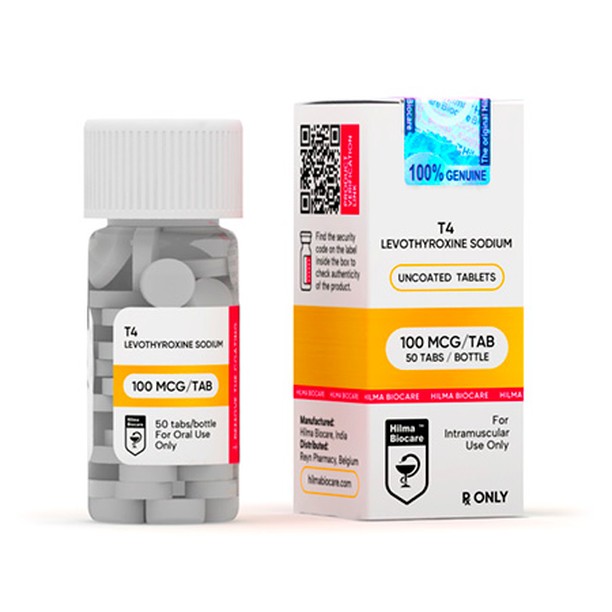

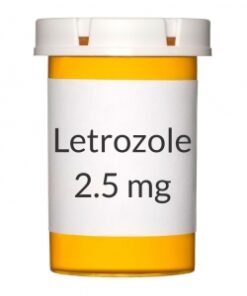

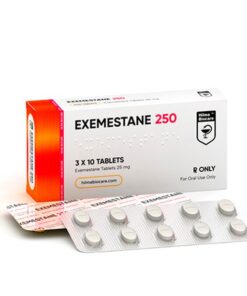


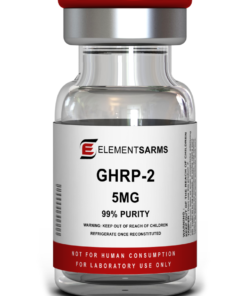

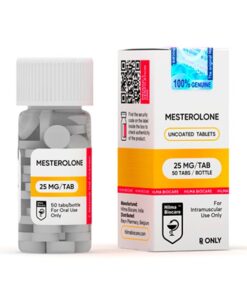

Reviews
There are no reviews yet.